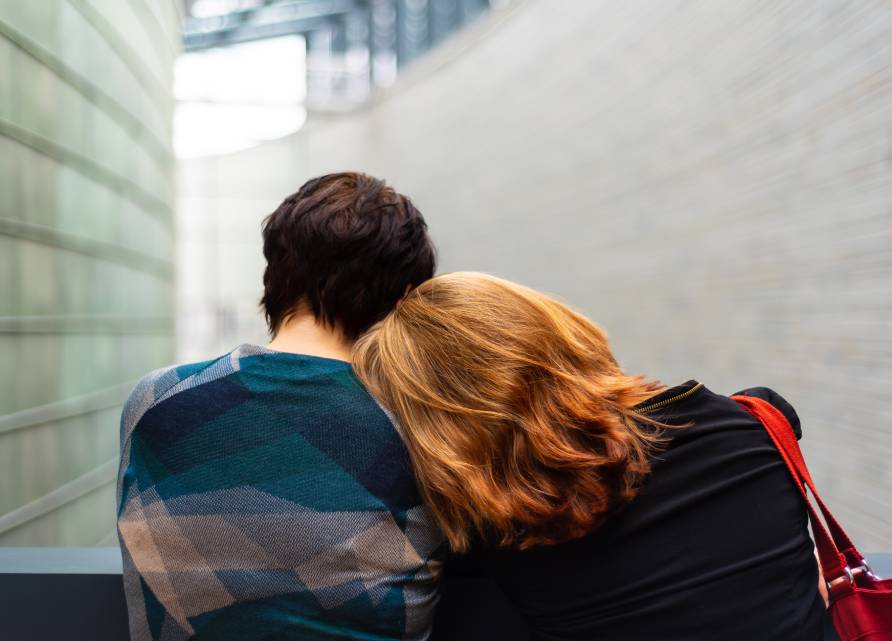
It unexpectedly happened to you: the person you love and care about has an addiction. For now, let’s put aside the specifics – whether it is alcohol, drugs, or gambling. All these addictions affect people in a similar manner.
This is not only the problem of the dependent person but also yours. You are close to them, you worry about them, you suffer, you experience a whole range of negative emotions starting from guilt and shame and ending with fear and anxiety. You are probably trying to fight your loved one’s dependence, to save them from this destructive mania. And… nothing works.
In most cases, this is not your loved one’s fault but their misfortune. Addiction is a big evil that people don’t usually choose for themselves. But let’s talk about you. What you can do in such a situation, and what you definitely should not do?
- Realize that this is certainly not your fault. Repeat it to yourself on a regular basis, loud and clear. You are not the reason why your loved one is sliding into the abyss of addiction. You simply don’t have that much influence on them.
- You are not omnipotent. You can lend them a helping hand, you can assist in organizing treatments, but you can NOT take this journey instead of them.
- Do not take responsibility for the life of another person. Stop saving them, justifying, covering up, doing something for the dependent loved one. Until they feel the need to take responsibility for their own life – they won’t take it. Let them face the consequences of their own behavior (alcoholism, drug addiction, etc.) and experience them all.
- Codependency affects your whole life: your choices, decisions, and feelings. Therefore, you also need help! Undeniably! Find a psychologist or a support group for codependent – you will find a lot of useful information and support there.
- Expand your social circle: friends, hobbies, work, etc. Do not shut down alone with your problem – put yourself first. Do not allow your whole life to revolve around your addicted loved one. Yes, you are ready to help them. But you also have your own life. This life belongs only to you… Take care of yourself – it is very important and necessary in such situations!
- Do not allow your addicted loved one to manipulate you. This is probably the most difficult part: it is so easy to succumb to pleas, threats, or blackmail when someone is really pushing your boundaries. Do not sponsor your loved one’s addiction. Your position should be very firm: they need to take certain steps on the road to recovery, and there is no bargaining here!
- If your loved one asked you for help, you can try to convince them to seek help at a rehabilitation center, or to find a psychotherapist or an addiction specialist.
The most important thing is to admit that your loved one needs help and that you need it just as much. This will be your first step towards solving this problem.